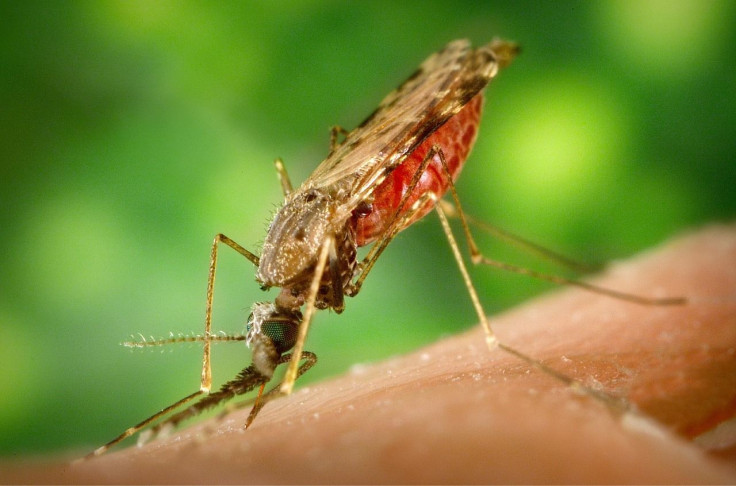Zika Virus Outbreak: Brain-Shrinking Disease May Be Spreading Beyond Brazil To The US

After a recent outbreak of a severe, incurable disease in Brazil and Puerto Rico, known as the Zika virus, health officials are worried the virus’ next stop will be the U.S.
The virus is a member of the Flaviviridae family, and is related to dengue, yellow fever, and West Nile virus — all of which have caused epidemics in the past. It's typically transmitted through the Aedes aegypti mosquito, but can be spread through other types of mosquitos as well. The outbreak of the virus has been linked to microcephaly, a condition in which babies are born with only partially developed brains, though researchers still aren't sure how the two are linked.
First identified in Uganda in the 1940s, the disease has since spread through Africa, Asia, and Latin America over the past several decades. Aside from the virus spreading to the Easter Islands in 2014, the most recent outbreak of Zika occurred in Brazil in 2015, where it may have infected as many as 1.5 million people, according to the Brazilian government. The outbreak has resulted in Brazil issuing warnings for women to delay pregnancies, if they could, in hopes of preventing more children from being born with microcephaly.
By October 2015, the Zika virus had spread from Brazil to Colombia, El Salvador, Guatemala and, most recently, Puerto Rico. While some travelers from infected regions have arrived in the U.S. with the virus, it hasn't spread locally yet. But officials are still concerned it might, given its relatively quick spread through Latin America in the past several months.
Fortunately for Americans, testing for the Zika virus should be easier and more effective than in Brazil. Many Brazilians have come down with dengue fever, and thus have antibodies in their blood that can lead to false positive results for Zika. But this won't be the case for Americans.
"Zika may have changed in the past decade," Dr. Scott Weaver, director of the Institute for Human Infections and Immunity at the University of Texas Medical Branch, told The New York Times. "It might have increased its transmissibility in Aedes aegypti or its ability to build up high levels in the human bloodstream… In the scientific community, it caught many of us by surprise. Before 2007, Zika was pretty obscure."
While the risk of transmitting Zika virus is very low, the Centers for Disease Control and Prevention (CDC) notes that to stay protected, you can avoid areas with mosquitos and carry insect-repellant.



























